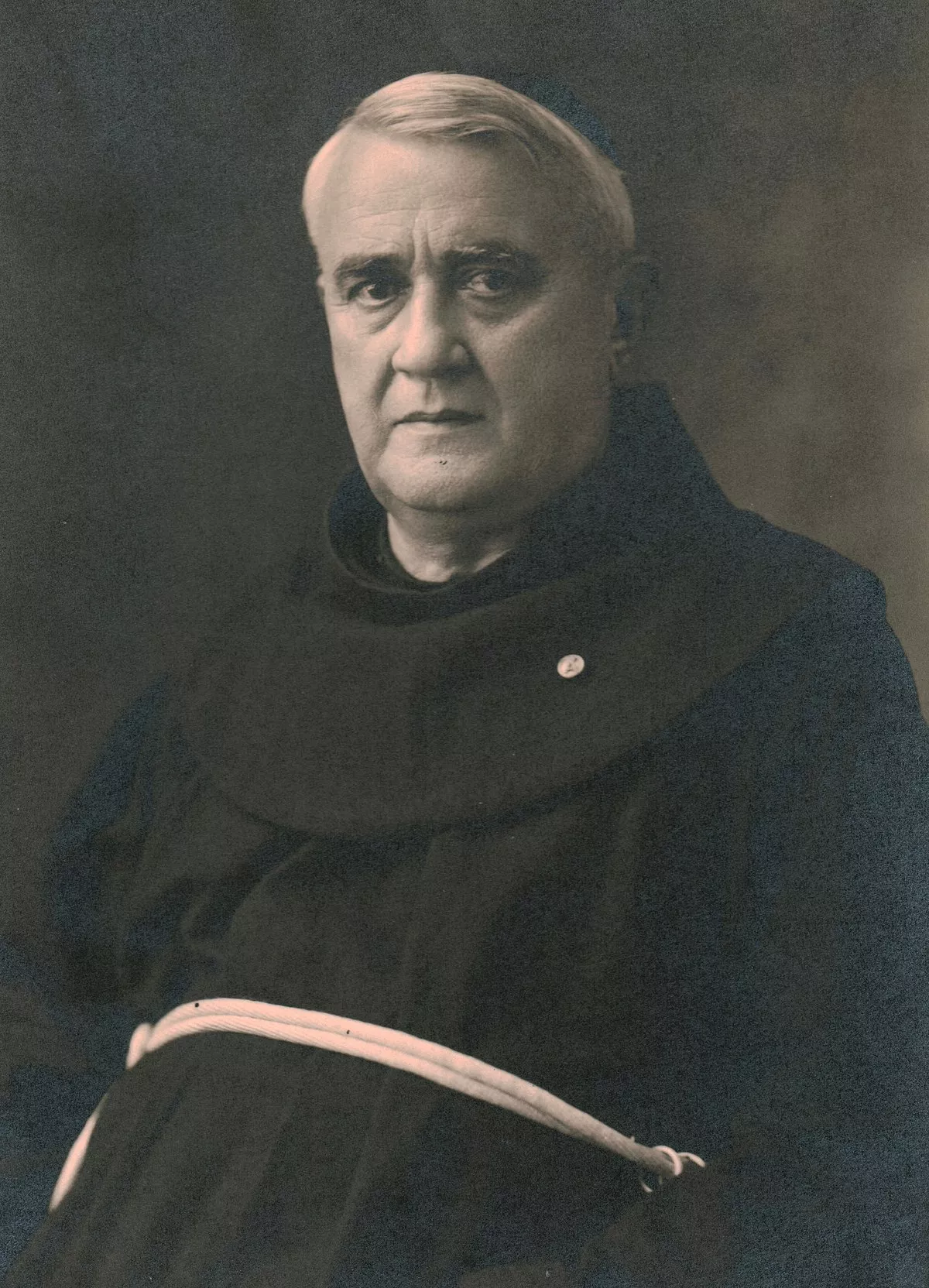 1.
1. Gjergj Fishta is regarded as one of the most influential Albanian writers of the 20th century, particularly for his epic masterpiece Lahuta e Malcis, and as the editor of two of the most authoritative magazines after Albania's independence, Posta e Shqypnies and Hylli i Drites.